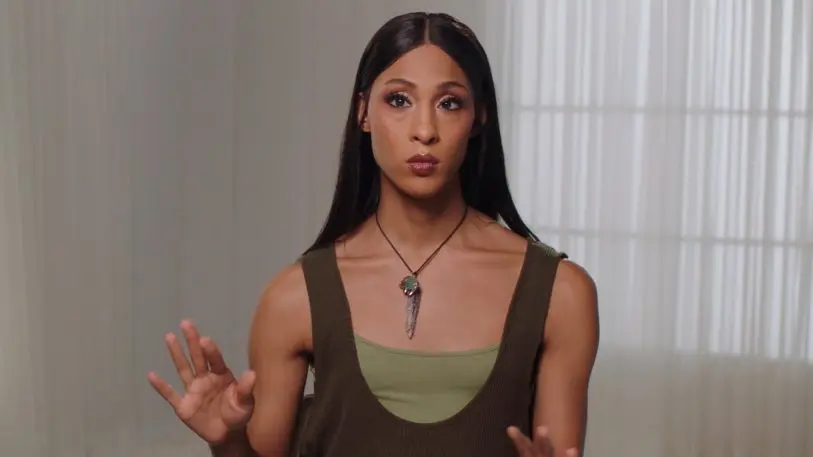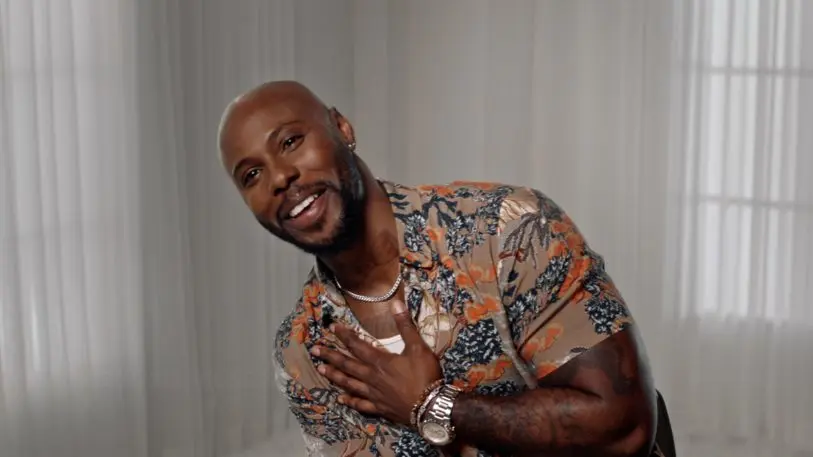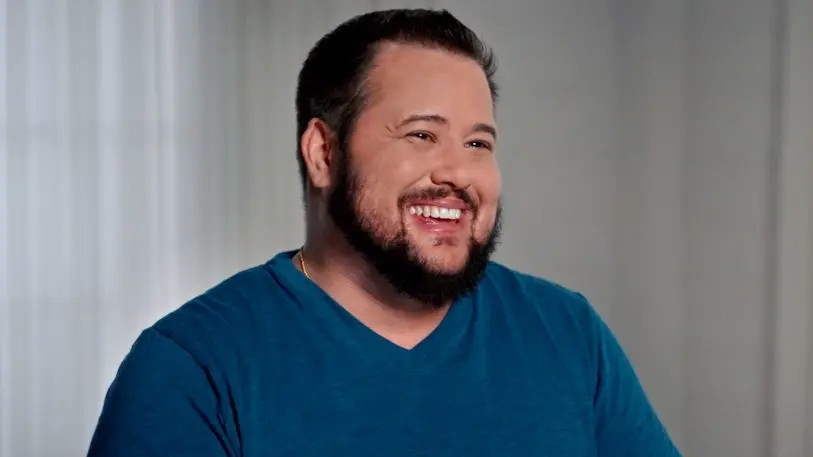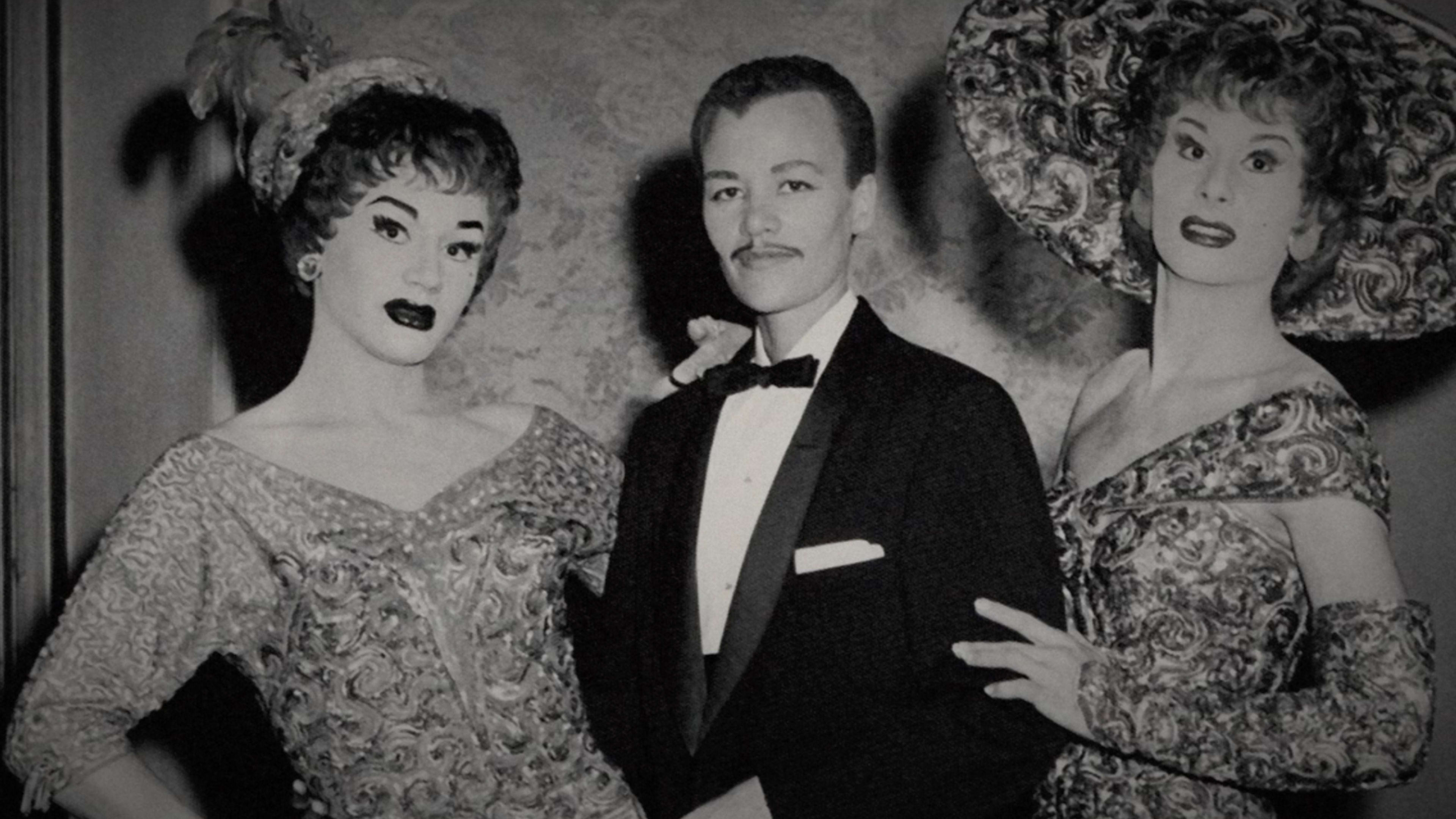In 2007, transgender actress Candis Cayne’s portrayal of Carmelita, a transgender woman having an affair with Billy Baldwin’s married lawyer on ABC drama Dirty Sexy Money was considered groundbreaking for the transgender community. Carmelita is a fully fleshed-out character unlike the prostitute, drug addict, or drag queen roles to which trans actors had heretofore been relegated.
Excited for her debut on the series, Cayne had told friends and family members to tune in to catch her first appearance. But when her character first spoke on screen, her heart sank: Her voice had been lowered by producers, almost to make it clear that she—and her character—are transgender.
Although Cayne still considers the character’s existence and her performance a victory for the community, the story—one of many in new Netflix documentary Disclosure—serves as a powerful reminder that trans visibility alone is not enough, and that even in the best-case scenarios, the portrayal of trans people on screen is often influenced by ugly stereotypes.

“Elevating one person in the mainstream does not equal success for all the people of the community,” Disclosure director Sam Feder says. “And while having these conversations about the power of visibility, I didn’t want to lose sight of the fact that visibility in itself is not the goal, it’s a means to an end.”

Personal anecdotes are at the heart of the documentary. In the interviews, which address both fictional representation on TV series and movies, and reality-TV depictions on such shows as Jerry Springer through the ages, it is remarkable to hear performers express their unhappiness at trans roles in projects they themselves acted in. While Cayne brings up her disappointment at the lowering of her voice when she uttered Carmelita’s first line, others recall times that they have played trans patients whose hormone treatments are killing them on medical dramas, or murder victims on crime shows.

“Disclosure so deeply connects to the moment, it’s about a community being systematically oppressed by those in power with more privilege—especially Black and brown trans people know this experience,” Feder says.
Feder’s commitment to equality extended behind the camera during the production. “We paid everyone, which should not be unique. We paid everyone who appeared on camera for interviews, because they are sharing their time and expertise, and we only interviewed trans people. We also prioritized trans people behind the camera, and when we couldn’t hire a trans person, we mentored one. We trained them and compensated them. So many people in the industry are like, ‘Well, there aren’t enough trans people to do these jobs.’ We didn’t have a big studio behind us and we still made it work.”
Recognize your brand’s excellence by applying to this year’s Brands That Matter Awards before the early-rate deadline, May 3.
